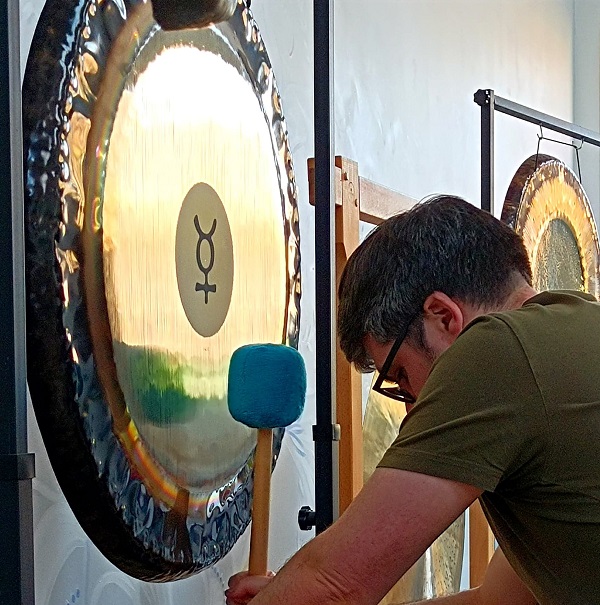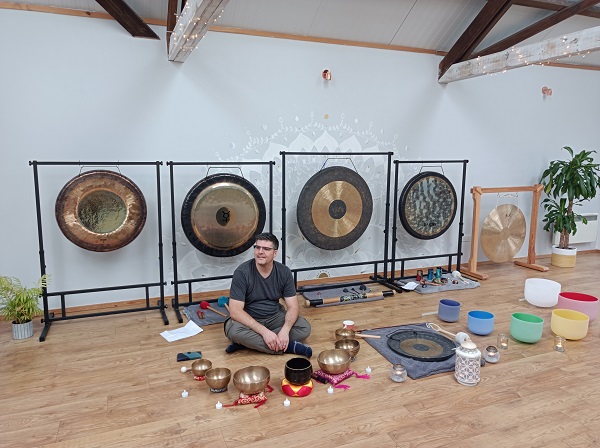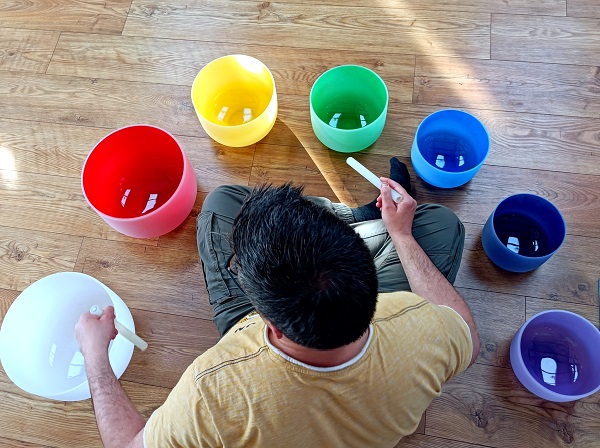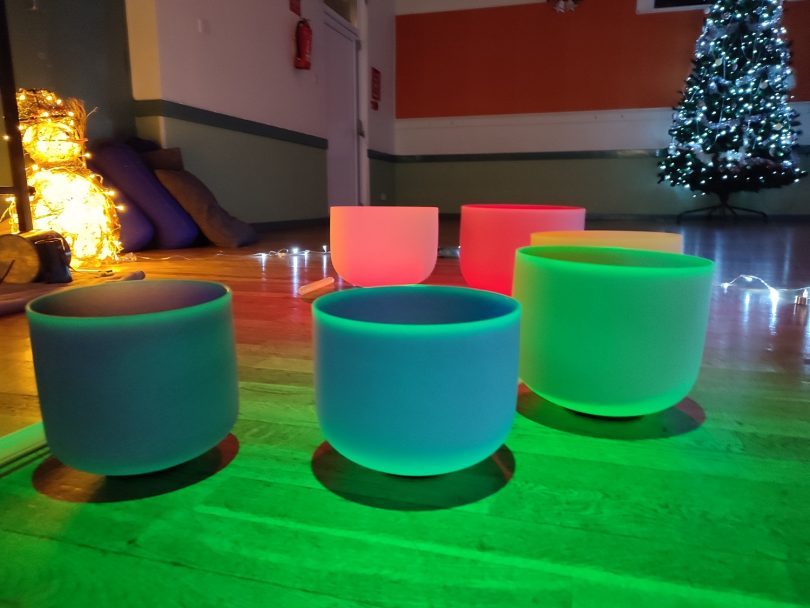On a cold, wet December night, a knock came from my front door. When I opened it, there was only footsteps and chatter retreating into the darkness. The sights, smells, and sounds combined like a lock on a safe. I closed the front door but another one in my head had opened. The memory of a trauma I sustained seventeen years ago spilled out and changed me forever.
I didn’t realise it at the time, but that was the moment that I began to get my life back.
In truth, I had already subconsciously been altering my behaviour for many years. I had always loved music, playing clarinet in a couple of orchestras only to part-exchange it for my first guitar; I had dreams of playing in a band, only I couldn’t. I became terrified of playing in public. I couldn’t understand why and inevitably the band fell apart. I worked in Sales for several years, but I couldn’t handle conflict; I flat-out refused to cold call anyone or knock on their door. Out of work, I retrained becoming first a programmer, then a database engineer. I became increasingly socially awkward and avoided crowds and cities. I couldn’t even put my rubbish out at night or walk alone in the day.
At the height of my PTSD symptoms, I couldn’t sleep without the aid of sedatives and was constantly tormented by flashbacks and feeling worthless. I felt like I had been caught in an abyss and was broken past repair. My GP urged me to seek counselling privately while I waited for help on the NHS, but I could only afford 3 or 4 sessions. When I was finally contacted by them, I mistakenly said I had spoken to someone while I was waiting for help leading to the person hanging up on me. I had been discharged without anything beyond a prescription for sedatives.
I had made a few attempts to meditate; however, being alone with my thoughts as a PTSD-sufferer felt like I was jumping into a pool of sharks. Then one evening my wife saw me trying to meditate, and seeing how stressed and in pain I looked, put on a track she had downloaded from one of the yoga classes she attended. A warm glow spread over my body and for the first time in months I felt not just peaceful, but utterly content.
Over the subsequent evenings, I repeated the same exercise to see if the same thing happened, and each time I sat still and an image came to mind I would enquire how this related to my trauma and what I should do to feel different.
The sedatives I was prescribed undoubtedly helped fix my immediate short-term need for sleep; however, it was the combination of meditations, breathing exercises, affirmations, exercise, yoga, mindfulness, and sound therapy that acted as a powerful toolkit that slowly put me back together again over the next few months.
The more I learnt about myself and about trauma, the more I researched and practiced what I learnt, and the more I researched and practiced, the more I learnt about myself and trauma.

Sound
It wasn’t a straight path. I had good days and bad days, breakthroughs, and setbacks. At the centre of it all was sound itself. Sound had been one of my triggers, but it also proved to be my saviour. I came up with a “safe track” that I would play to myself when I felt at my most vulnerable and I bound it to an image which reinforced the sensation of feeling safe, secure and at peace.
I remember sitting alone on a bus in Paris once, just a couple of years later, unsure if I was heading in the right direction and surrounded by people leaving me feeling trapped and overwhelmed and I took my focus inwards and “played” my safe track in my head to regulate my breath and hold my focus.
I sat and listened to a recording of a sound bath at lunch if I was having a bad day, and I got into a lunchtime habit of walking down to the sea to consciously listen to the waves roll onto the shingly beach near where I worked.

Training as a Sound Therapist
Then one night, a car outside our house randomly caught fire and we had to evacuate in the early hours of the morning until the fire brigade could bring the blaze under control. Our daughter was only about 4 at the time when she had to be taken from her bed and held outside in our arms in the street in case the car exploded at any moment. The fire was put out and we went back to bed, but it didn’t take long for our daughter to start creating a fuss around bedtime, refusing to be alone, becoming anxious at night and hysterical if there was a bonfire or fireworks.
Apprehensive that I would also fail to get any professional help for her, I initially tried employing a few things that had helped me but adapted them for her. She became most interested in a little steel tongue drum and would ask me to play it to her before she went to bed as she found it helped her to go to sleep. Amazingly, over the next few weeks, her symptoms subsided. I researched how to help her further and that was when I hit upon the idea of training as a sound therapist. How amazing would it be to learn how to keep myself healthy and to help others?
Just as my recovery from PTSD wasn’t straightforward, neither was my diploma in Sound Therapy. Interspersed with lockdowns, diagnoses of ASD (Autism Spectrum Disorder) and ADHD, while completing other related courses and workshops, I eventually qualified 3 years later. I learnt how my approach to my own trauma proved to be so effective, but also how different symptoms and situations require different approaches. There is no set way to help someone, and the different combinations required to help someone vary each time. The only constant I find is how the power to help ourselves exists within each of us, no matter how broken we may feel at one time.

It has been 8 years since I was formally diagnosed with PTSD and although my approach to research and practice hasn’t diminished, I no longer regard the symptoms of the condition as a noticeable part of my life. For me, the best part is regularly playing my gongs, bowls, and drums to help others relax and then seeing them afterwards looking and feeling better. I will never tire of hearing how someone has found one of my sound baths or treatments has helped them. I am available and qualified to help anyone who needs a 1-2-1 practice if they need it.
I don’t believe in needlessly adding to the noise in our lives with unnecessary posts and emails. I also believe in giving something without the expectation of getting anything in return, so I share tips and articles in the hope it helps someone else once a month. One day, I would love to contribute towards a research project, and I hope to increase the variety and quantity of opportunities where I can help others, but as with sound, timing is everything; it’ll happen when it’s meant to happen.



